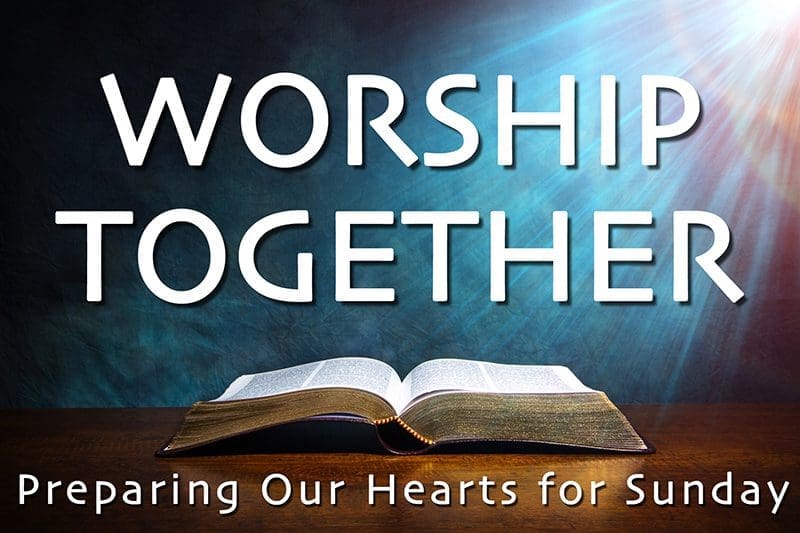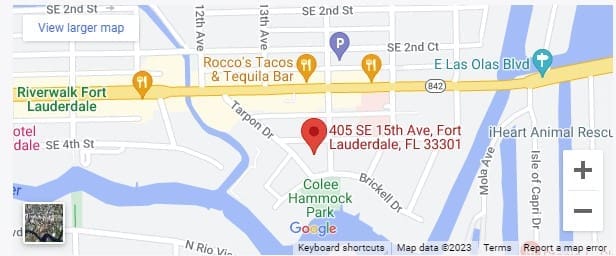ANNOUNCEMENTS
March 24 | Palm Sunday / Passion Sunday

The Revised Common Lectionary passages for the Lord’s Day are:
Readings for Palm Sunday:
Gospel Reading: Mark 11:1-11 or John 12:12-16
Psalm 118:1-2, 19-29
Readings for Passion Sunday:
First Reading: Isaiah 50:4-9a
Psalm 51:1-12 or Psalm 31:9-16
Second Reading: Philippians 2:5-11
Gospel Reading: Mark 14:1-15:47 or Mark 15:1-39 (40-47)
The liturgical color for the day is: Purple
The Passover was at hand. There were more people in Jerusalem now than at any other point during the year. Jesus was not the only one who had been on the way to Jerusalem that year. What happens when that many people are in one place? Rome happens!
Rome flexes and flashes its power. There would have been a parade from the west. This parade would have been the one that the original readers of Mark’s Gospel knew all too well. They knew precisely how such a parade went. Power on display. Armaments. Horsemen. Weaponry. All of it complete with the company of Rome’s power—including that representative who was to be treated as a god. On that day it would have been Pontius Pilate. The flash of military might made it ever so clear. Even the not-so-subtle acclamations of the Caesar as the Son of God were to be held in absolute truth.
We readers of the gospel know far more the details of the other parade. It was the minor parade not the major one. This is the parade that came in from the east and not the west. This was the parade that could have been missed if you blinked too fast.
It was not the parade of power. It was the parade of passion. That Palm Sunday parade can be seen more as a protest from the east to what was happening from the west. That parade of Jesus might be considered a mockery of the military might of Pilate’s western parade. There is no war-horse. There is a colt. There are no armaments. There are palm branches. There are no trumpet blasts. There are shouts of “Hosanna.”
Yet even those in the crowd that day, they were wanting this to be about power. They were looking for that one that the Lord would send who would crush Rome and usher in a new day. They were longing for a Messiah who would ride in on a horse of power and overturn the terrors and oppression they had grown to know in their daily lives.
There was no confusing it. This was not a parade of power; this was a parade of passion. Jesus had been on this journey to Jerusalem, and he had made it clear what the results would be. “The Son of Man is to be betrayed into human hands, and they will kill him, and three days after being killed, he will rise again.” (Mark 9:31)
—
Rev. Dr. Daris Bultena
General Presbyter and Stated Clerk
